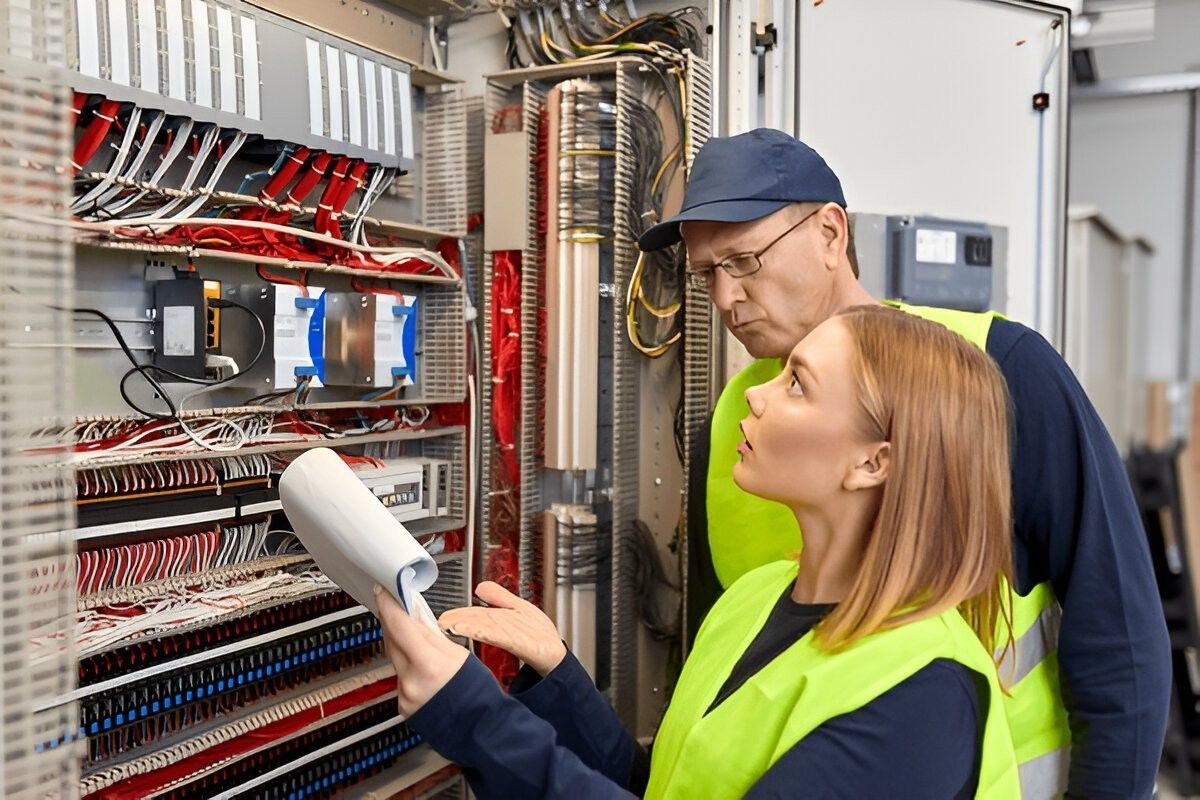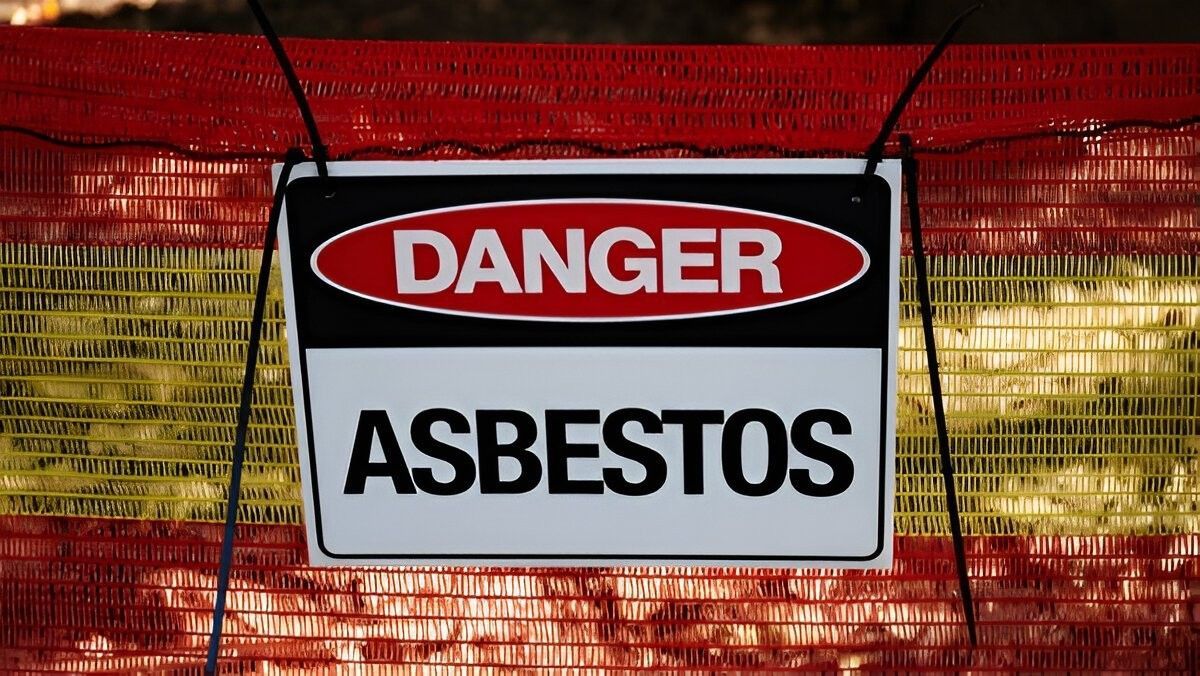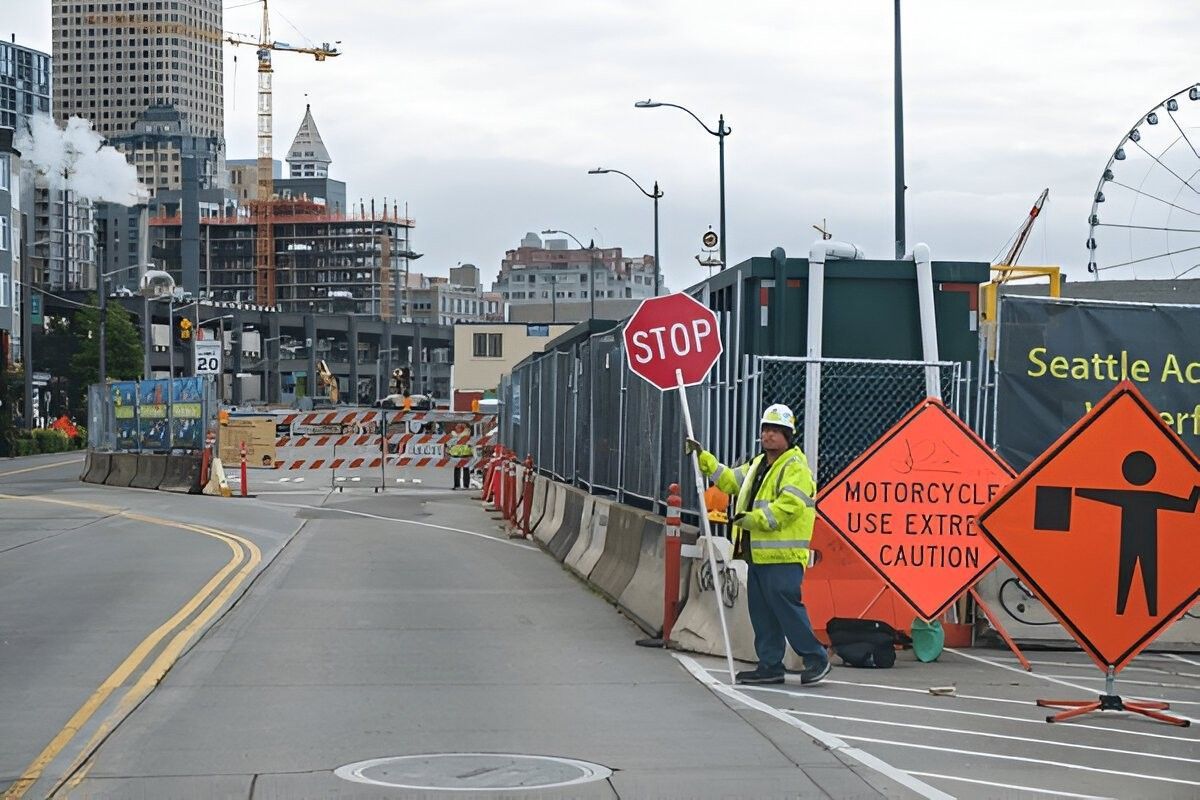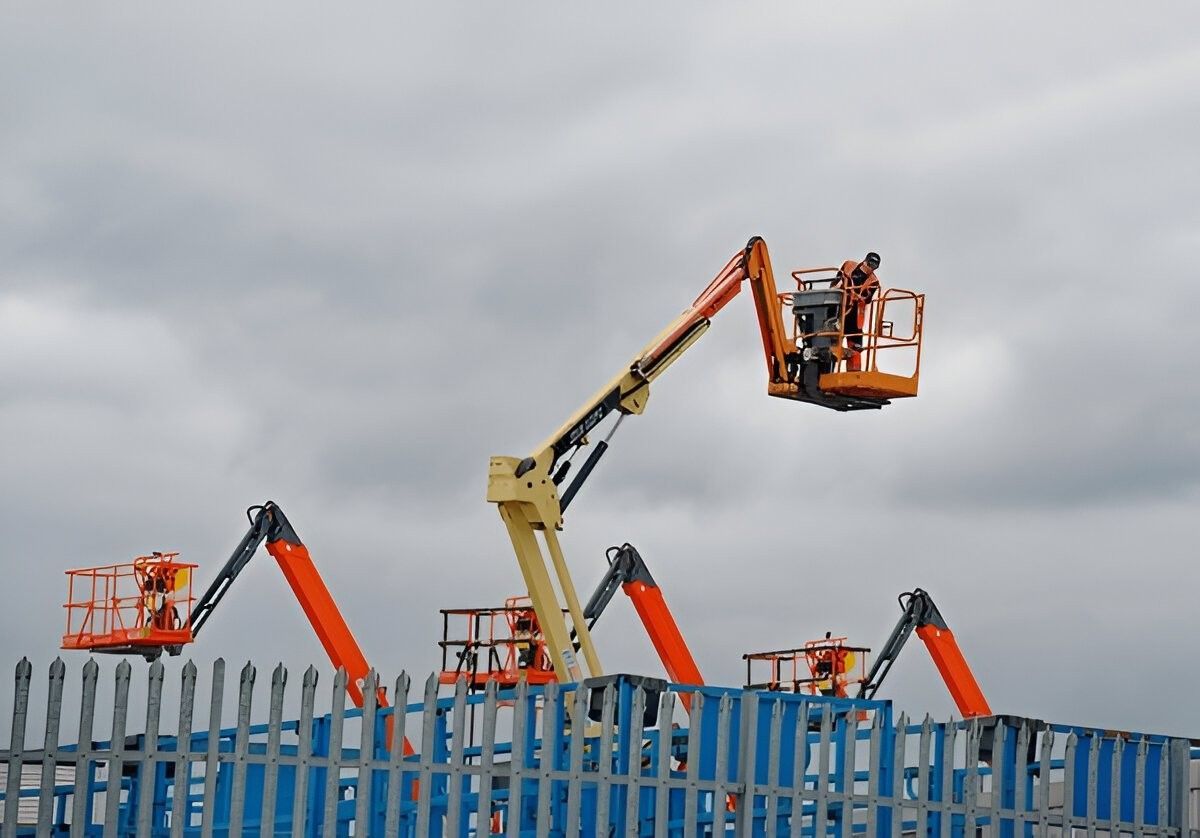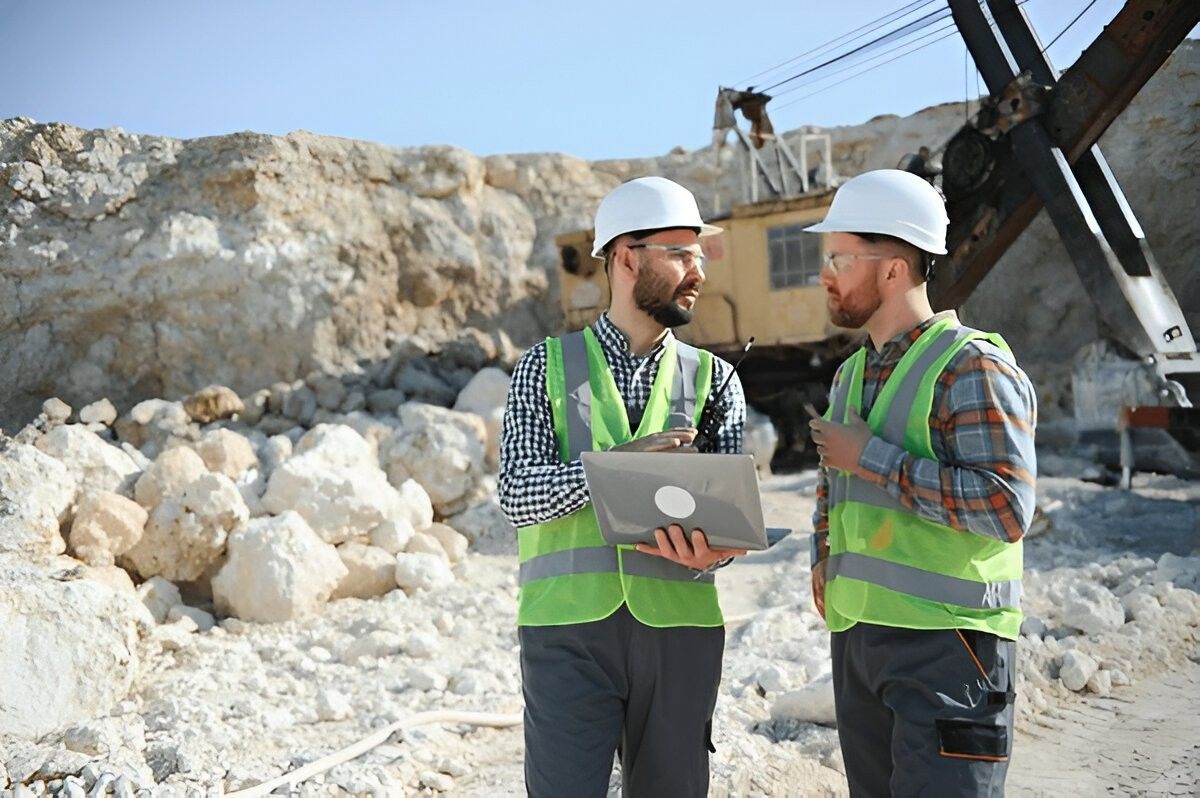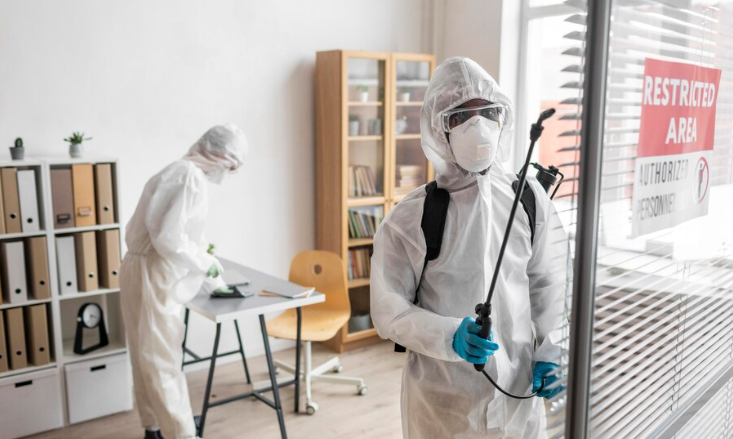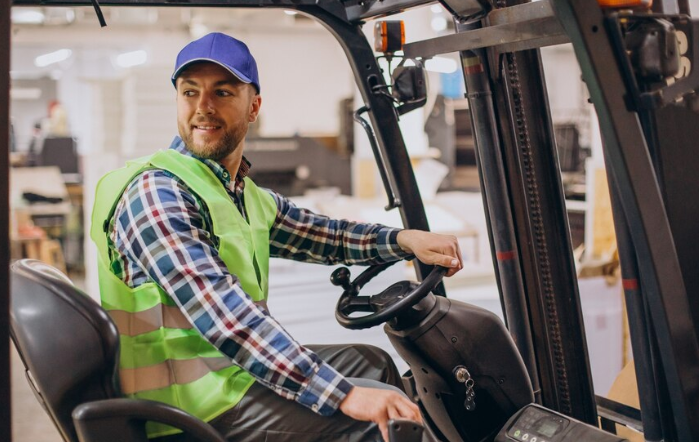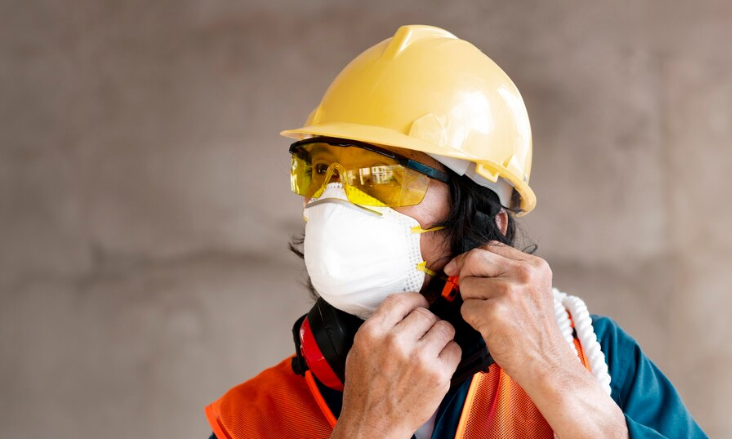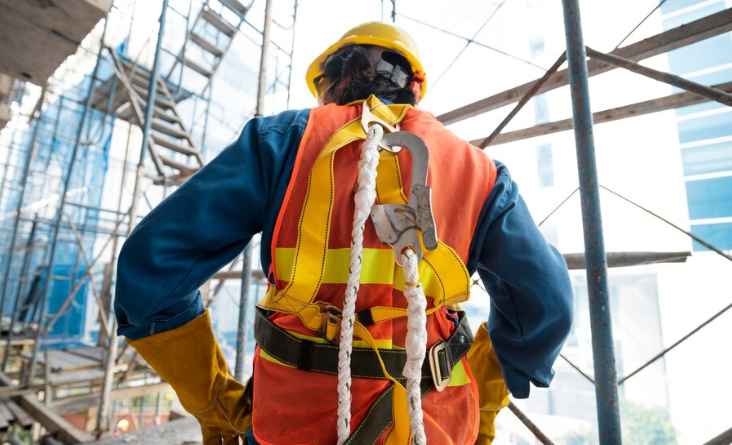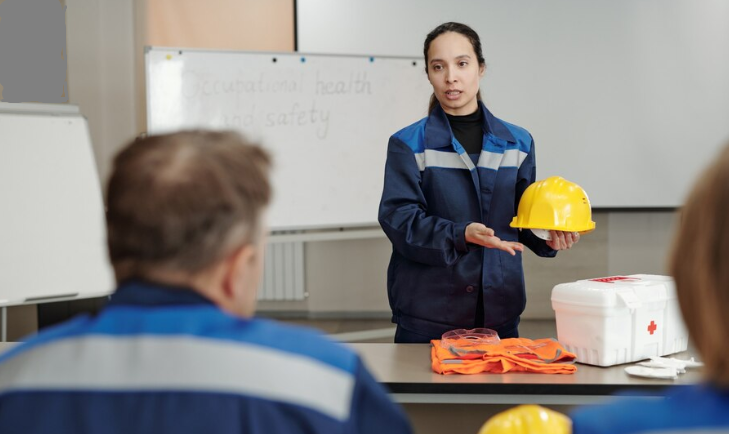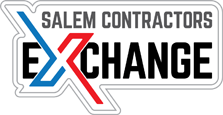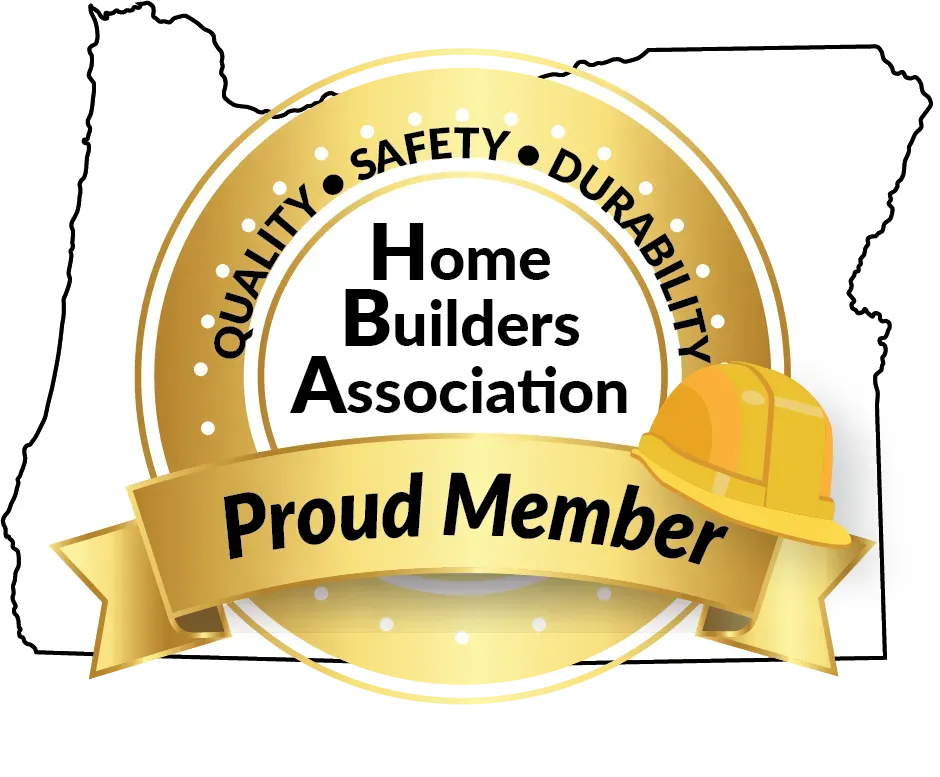The Rise of Lift Certification: Why Businesses Are Making It a Requirement
When employees operate lifts, safety must be a top priority. Aerial lifts, including boom lifts and scissor lifts, are essential equipment in many industries, from construction to warehousing. However, these machines pose risks when not handled correctly. For businesses aiming to ensure their teams' safety and avoid accidents, understanding how to get lift certified is key. Proper training and certification help employees navigate aerial lifts safely and comply with legal regulations, keeping the workplace secure for everyone.
The Legal Side: Why Lift Certification is Crucial
In recent years, OSHA (Occupational Safety and Health Administration) and ANSI (American National Standards Institute) have put in place stricter regulations regarding lift operations. These standards require that employers ensure all workers who operate aerial lifts are adequately trained and certified. Without this certification, employers risk fines and potential legal issues in case of accidents. In addition, ensuring employees are properly trained enhances operational efficiency by minimizing accidents, reducing downtime, and preventing costly repairs.
Why Businesses Are Adopting Lift Certification Programs?
Companies across various sectors are increasingly recognizing the importance of lift certification programs. These programs go beyond compliance; they establish a culture of safety in the workplace. By ensuring their employees are trained to operate equipment like scissor lifts and boom lifts, businesses are reducing the chances of workplace injuries and improving productivity. Certified employees understand how to safely operate machinery, perform necessary maintenance, and follow safety protocols to prevent accidents.
The Benefits of Certification: Safety, Savings, and Productivity
- Improved Safety: A key reason why businesses are prioritizing lift certification is enhanced safety. Lift certification programs cover a range of safety topics, including the proper use of personal protective equipment (PPE), safe lifting practices, and fall prevention. Employees who understand these safety measures are less likely to make costly mistakes.
- Cost Savings: Accidents can be expensive. The direct costs such as medical bills and repair costs for damaged equipment are only part of the expense. Accidents also lead to downtime, which affects productivity and profits. Properly trained employees who are certified can prevent these issues, resulting in significant cost savings for the business.
- Compliance with Industry Standards: Following the appropriate guidelines set by OSHA and ANSI helps businesses avoid fines and legal action. Meeting regulatory standards for lift certification ensures that the company is operating legally, which also boosts its reputation within the industry.
What Does the Lift Certification Process Entail?
The process of getting lift certified is straightforward but thorough. Typically, it involves a combination of classroom training and hands-on instruction. Employees learn about the mechanics of the lift, how to inspect it, and the proper techniques for using the equipment safely. They also receive guidance on how to prevent and respond to emergencies. Upon successful completion of the course, the employee receives certification, which may need to be renewed periodically to ensure they remain up to date with safety protocols and standards.
Ongoing Training and Certification Renewal
Lift certification is not a one-time event. It’s important for businesses to stay on top of renewals and provide ongoing training. As safety standards evolve and equipment becomes more advanced, so must the knowledge and skills of the operators. This is where the question, does aerial lift training expire?, comes into play. Yes, certifications do expire and need to be renewed to maintain compliance with safety standards. Regular audits and refresher courses ensure that employees continue to work safely and competently.
Final Recap:
KARM Safety Solutions offers comprehensive training programs tailored to your business needs. Our aerial lift certification training ensures that your employees are fully equipped to operate boom lifts, scissor lifts, and other elevating work platforms safely. With our expertise, you can trust that your team will be well-versed in the latest OSHA and ANSI regulations. Whether you need in-person or online training, we’re here to help keep your workplace safe and compliant.
If you're wondering how to get lift certified, contact us today to learn more. As part of our ongoing commitment to safety, we also provide refresher courses and updates to ensure that your certification remains current. Let KARM Safety Solutions help you foster a culture of safety in your workplace.
